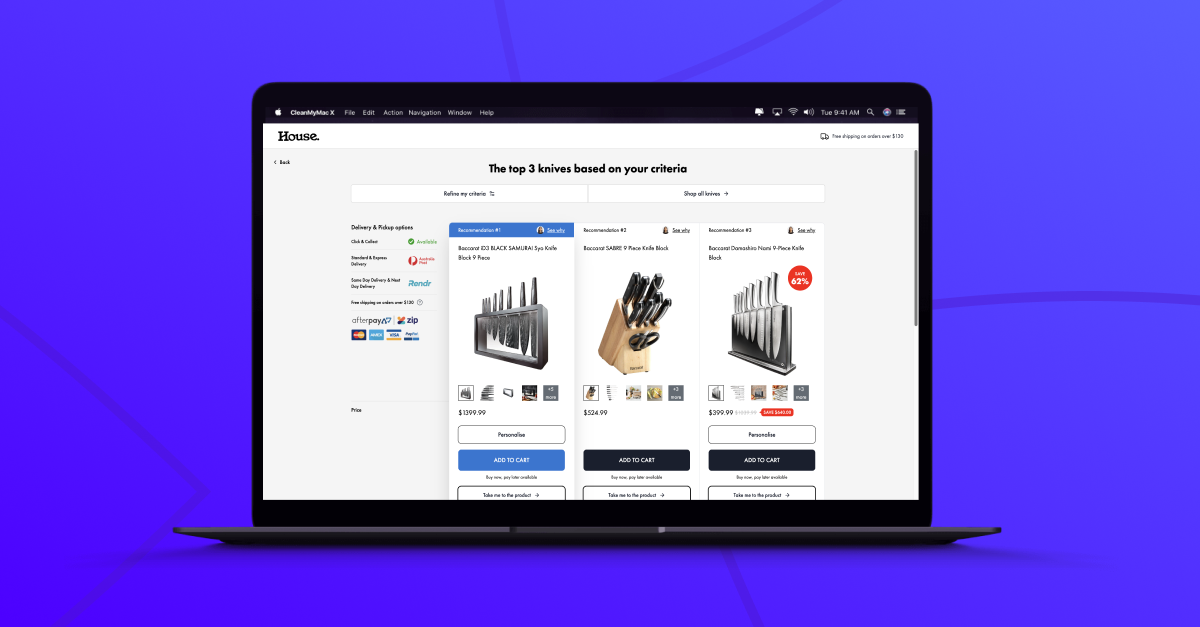Contextual Marketing
Contextual Marketing is the practice of delivering targeted content to users based on their current context, including factors like their location, device, time of day, or recent behavior. It aims to provide the most relevant and timely information or offers to users, increasing the likelihood of engagement and conversion.
How Contextual Marketing works:
Contextual Marketing relies on real-time data collection and analysis to understand a user’s current situation and needs. It considers various contextual factors such as the user’s location, device type, time of day, weather, recent browsing history, and even current events. Based on this information, the marketing system delivers content, offers, or experiences that are most likely to resonate with the user at that specific moment.
Why you should use Contextual Marketing:
As a business owner or marketer, Contextual Marketing allows you to cut through the noise and deliver highly relevant messages to your audience. It increases the effectiveness of your marketing efforts by ensuring that your content is not just personalized, but also timely and situationally appropriate. This can lead to higher engagement rates, improved customer satisfaction, and ultimately, better conversion rates.
How to get started with Contextual Marketing:
To implement Contextual Marketing, start by identifying the key contextual factors that are most relevant to your business and audience. Ensure you have the necessary technology in place to collect and analyze real-time data. Begin with simple contextual triggers, like adjusting content based on device type or time of day. As you become more comfortable, you can incorporate more complex contextual factors into your marketing strategy.
How Contextual Marketing complements Convincely’s approach:
At Convincely, we see Contextual Marketing as a critical component of our personalization strategy, but we take it to a whole new level. While traditional Contextual Marketing might focus on adjusting content or offers based on a few key factors, our full-page, visually-guided funnels create a completely adaptive experience that responds to a wide array of contextual cues.
Our system doesn’t just consider external factors like location or device type; it also takes into account the user’s behavior within the funnel itself. For instance, if a user hesitates on a particular question, we might infer uncertainty and dynamically provide more information or reassurance. This creates a more nuanced, responsive form of Contextual Marketing that goes beyond simple triggered messages.
Unlike standard Contextual Marketing that might swap out a banner ad or change a product recommendation, our funnels can alter the entire flow of the conversation based on contextual signals. We can change the questions we ask, the way we phrase information, and even the visual elements we display – all in real-time to create the most engaging and relevant experience possible.
Moreover, our approach to Contextual Marketing isn’t just about serving the right content at the right time; it’s about creating an intelligent, adaptive conversation with each user. We use contextual cues to anticipate needs, address potential objections, and guide users towards the most appropriate solutions for their specific situation.
You can explore real-world examples of how businesses are using advanced contextual and personalization techniques in their funnels on our listings page. This resource showcases various approaches to creating context-aware, adaptive user experiences across different industries.
Remember, while Contextual Marketing can be powerful, it’s most effective when it’s part of a comprehensive, thoughtful personalization strategy. At Convincely, we don’t just react to contextual cues – we use them to create meaningful, educational interactions that guide users through their entire journey. Our goal is to use Contextual Marketing not just as a way to increase relevance, but as a tool to provide genuine value to your customers at every step of their interaction with your brand.




